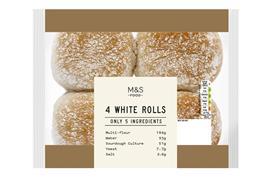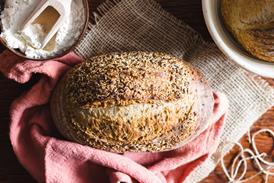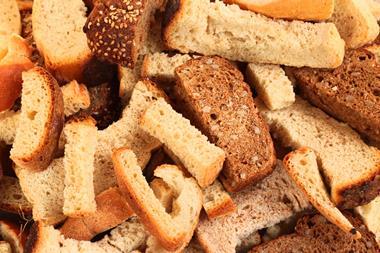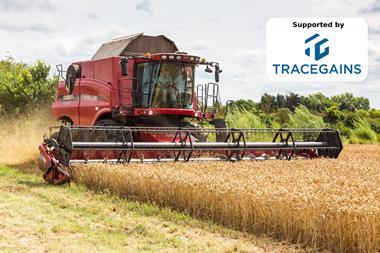Sprouting is defined as the partial or complete germination of seeds and grains and has been linked to several nutritional benefits.
During sprouting, enzymes are activated in the seeds that break down proteins and carbohydrates into sugars and lipids. This increases the availability of nutrients and antioxidant activity, and decreases the level of anti-nutrients. Flavour, odour and texture are also developed.
However, the breakdown of carbohydrates comes at the expense of gluten formation, which is what creates dough structure. So, the best results in dough rheology are found when sprouted flour is combined with normal flour. The enzymes that occur during the sprouting process could be used to replace commercial enzymes and lead to a higher bread volume and crumb texture when used in controlled conditions.
Eugenie Wiart, bakery scientist, Campden BRI
Campden BRI provides technical support to the food, drinks and allied industries worldwide. Its activities are built on a programme of industrial relevant research and innovation steered by industry. See campdenbri.co.uk or telephone 01386 842000














































No comments yet